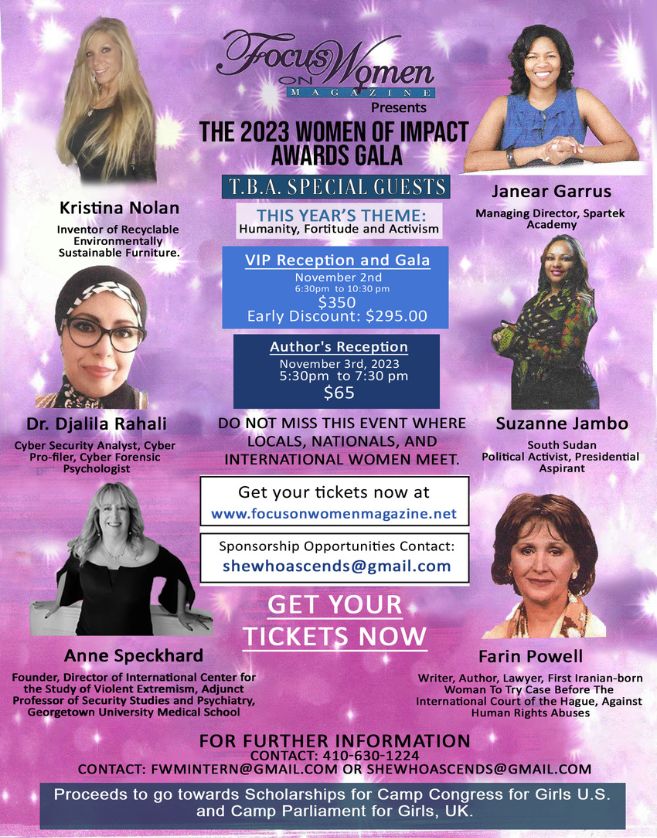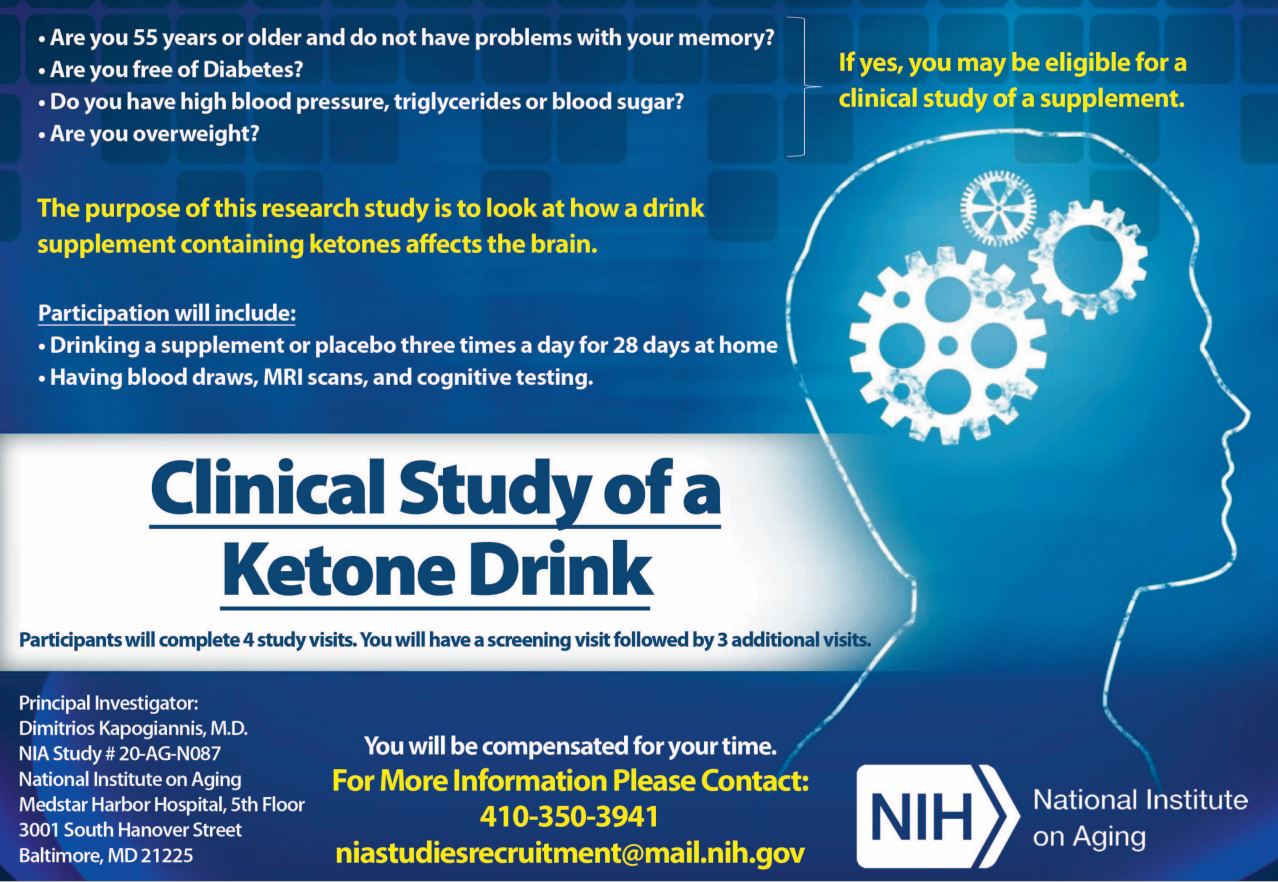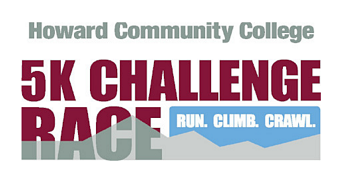Kids Helping Kids: Why It’s Good For Your Kids To Mentors Other Kids
Tanni Haas, Ph. D.
Most people know that having a mentor is really helpful for the person being mentored – the mentee. But mentoring is also good for the person who’s doing the mentoring – the mentor. Research shows that kids who help other kids improve their own leadership, organizational, and time management skills, become more self-confident and patient with others, and feel a strong sense of accomplishment and fulfillment.
If being a mentor is such a great thing, where can your kids go to do it?
National Mentoring Organizations
One possibility is to volunteer with the local chapter of well-known national mentoring organizations like Big Brothers Big Sisters of America or the National Mentoring Partnership. These organizations have formal programs that provide extensive training to anyone who wishes to be a mentor. However, their preference is for young adults aged 18 or older to serve as mentors.
Local Schools
If your kids are younger than 18 and /or there’s no local chapter of a national mentoring organization near you, they can join a peer mentoring program at the local school. Most middle and high schools have mentoring programs that pair up kids from different grades (typically seniors with freshmen) during the school day or at their after-school programs. While national mentoring organizations tend to focus on developing the mentees’ general life skills, like how to focus on the positive in their lives and make good life choices, school-based program typically focus on enhancing their academic skills, such as how to take better notes in class, how to organize their homework, and how to prepare for exams. My son’s middle school had such a peer mentoring program in its after-school program, while his high school matches up older and younger students once a week during the regular school day. If your kids are really strong academically, mentoring in a school-based mentoring program may be just right for them.
Local Community Institutions
Another option is to find a mentoring program at your local community center or library that offers mentoring programs aimed at helping kids learn to read, write, and do basic math. If no formal programs exist, some places let kids to start up their own informal programs. Our local community center has had many informal programs run by groups of local high school students over the years. So if your kids aren’t afraid to roll up their sleeves and create a mentoring program together with one or more of their friends, this could be a great experience for them.
Private Mentoring
Finally, if your kids are very mature and independent-minded, nothing should stop them from creating and offering their own private mentoring program. If you know of neighborhood kids who could benefit from having positive role-models in their lives, encourage your kids to meet up with them on a regular basis to serve as their mentors.
Mentoring isn’t only the right thing to do if you have what it takes; it can also help your kids in both the short and long term. Many middle and high schools have a community service component that requires them to volunteer for a certain amount of hours in order to graduate. Participating in an authorized mentoring program often satisfies that requirement; it does at my son’s high school. Your kids can also use any letters of recommendation that they receive about their mentoring activities as part of their college application. Virtually all colleges and universities across the country consider giving back to the community – especially helping other kids achieve their academic potential – a worthwhile goal, and service through mentoring could be an asset during the admissions process.
Bio:
Tanni Haas, Ph.D. is a Professor in the Department of Communication Arts, Sciences and Disorders at the City University of New York – Brooklyn College.






